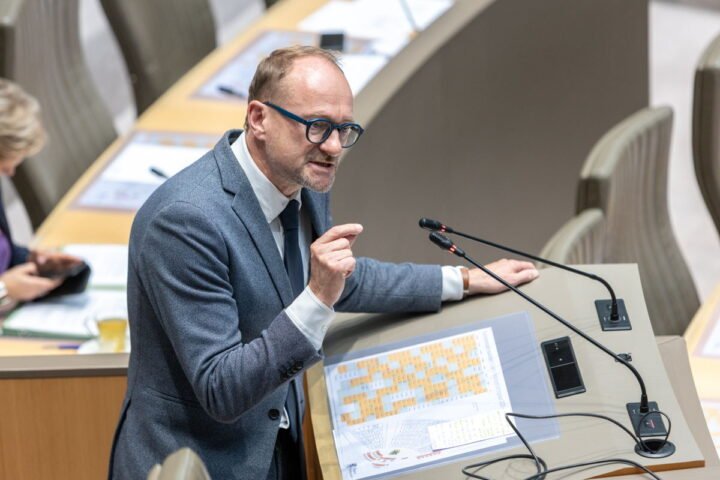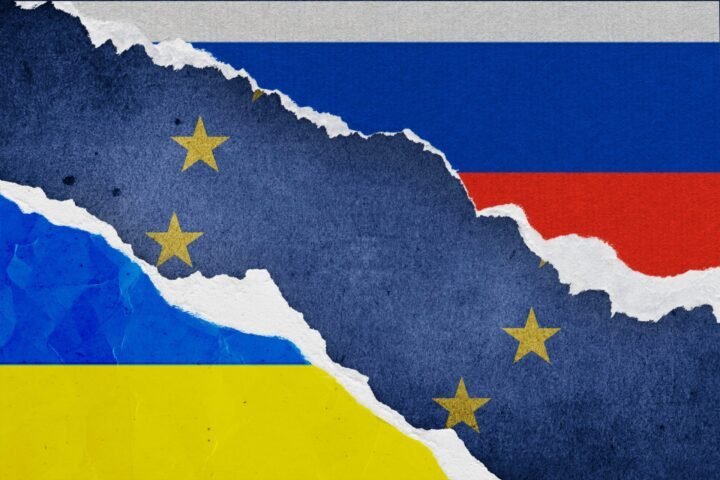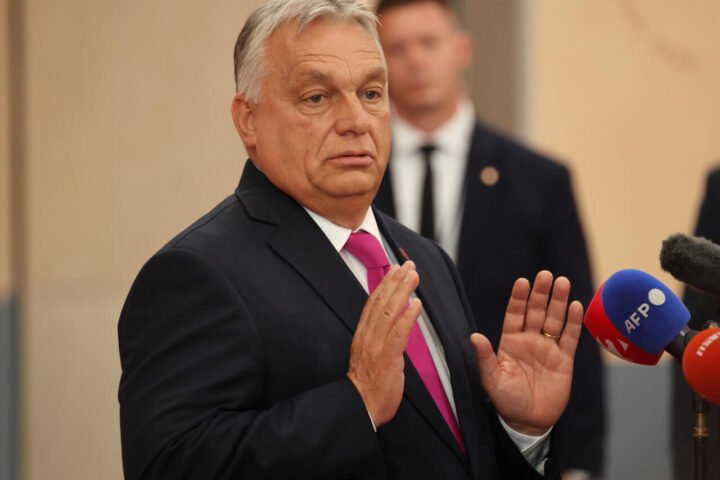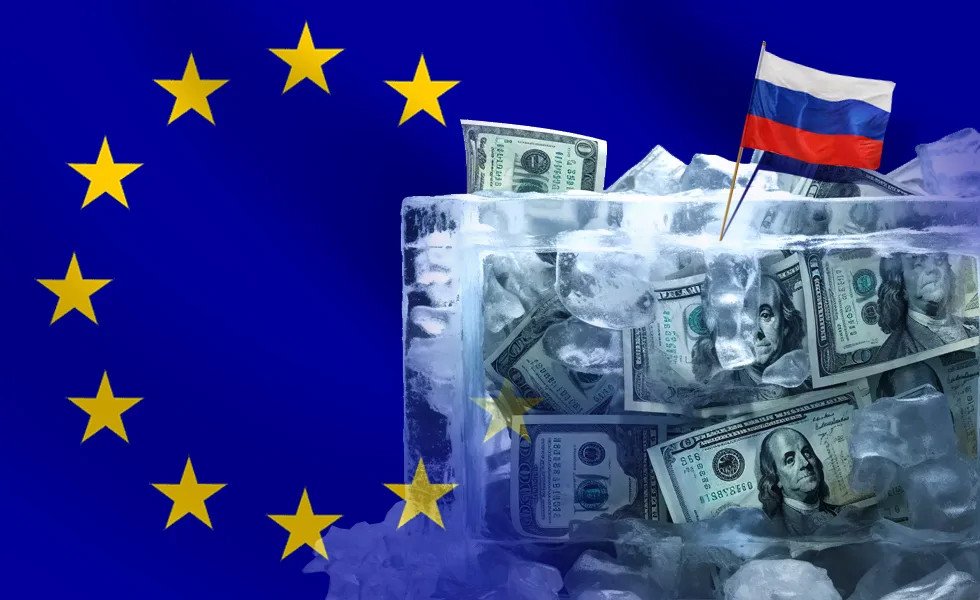Recent tensions escalated as Ukraine faced a significant military assault from Russian forces, marking a decisive moment in the ongoing conflict. Ukrainian officials report increased bombardments along the eastern front, with particular focus on strategic locations such as Bakhmut and Avdiivka. This assault comes amid diplomatic efforts by European leaders to bolster military support for Ukraine, highlighting the West’s commitment to counter Russian aggression, reports 24brussels.
According to reports, the assault resulted in numerous casualties, with at least 30 Ukrainian soldiers confirmed dead and many more injured. Ukrainian forces have mounted a robust defense, but the intensity of the Russian offensive has raised alarm about potential territorial gains for Moscow. Observers noted that this surge in attacks coincides with a fresh wave of European sanctions aimed at tightening restrictions on Russian oil exports.
In response to these developments, Ukrainian President Volodymyr Zelenskyy stated, “We are prepared to defend our sovereignty at all costs.” This strong rhetoric underscores Ukraine’s resolve in the face of spiraling violence. Meanwhile, NATO allies are reportedly discussing additional military aid in a bid to enhance Ukraine’s defensive capabilities against the relentless onslaught.
The ramifications of these hostilities extend beyond the battlefield. Critics argue that prolonged conflict could lead to a humanitarian crisis, with displacement affecting millions. As European nations brace for potential economic fallout, experts warn that maintaining solidarity in support of Ukraine is crucial to counter the Kremlin’s ambitions.
This conflict has underscored deepening divisions in Europe regarding defense strategies and energy dependencies. As the situation unfolds, both Ukraine and its allies are facing critical decisions that will shape the future of the region. The stakes are high, and the international community’s response remains pivotal as events continue to develop.










